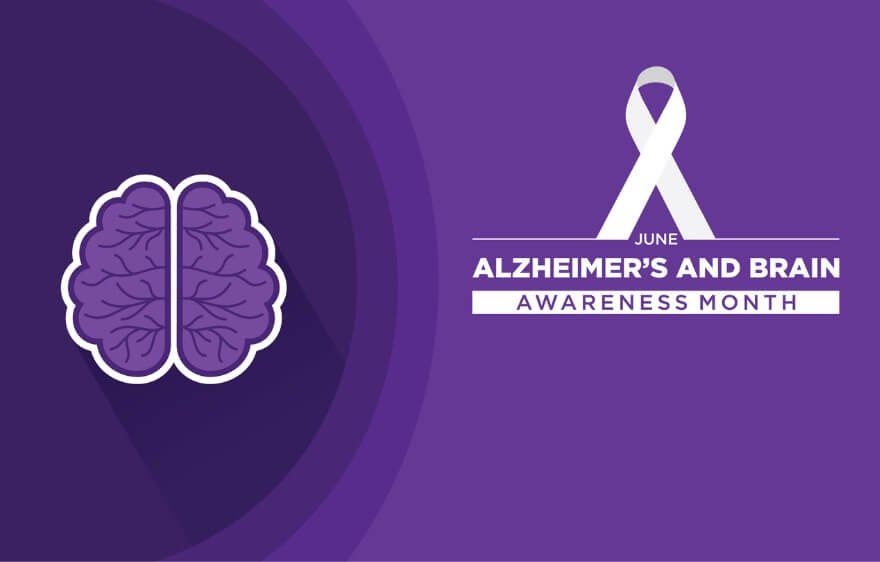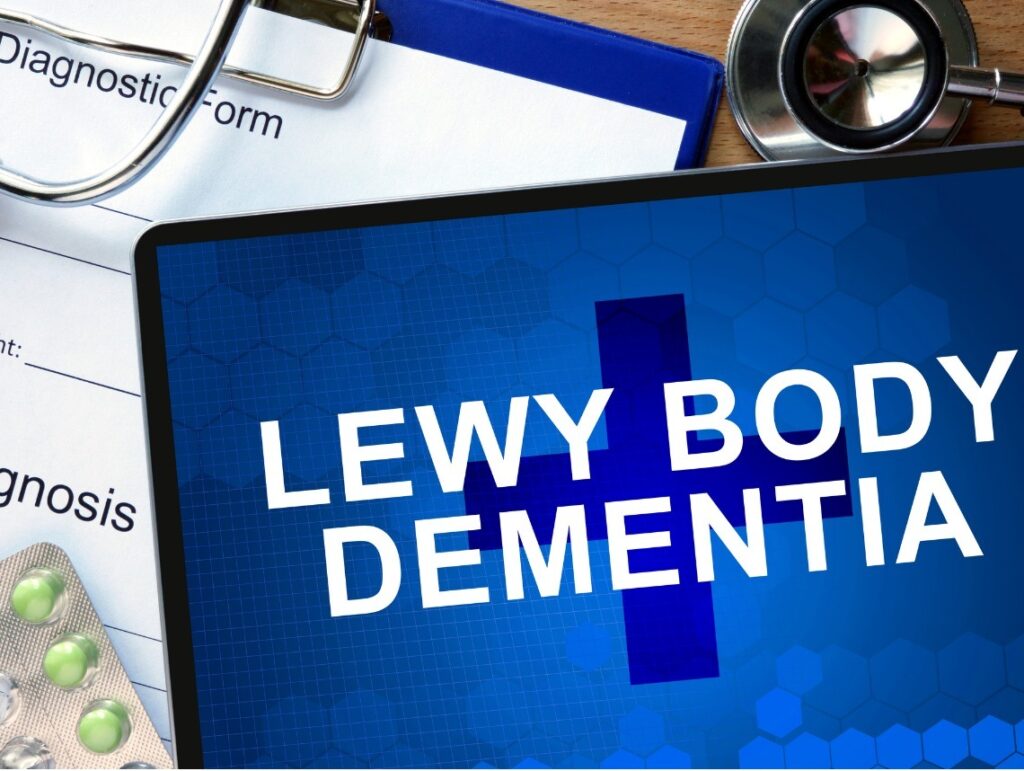“Aren’t you scared?” I had just completed a training session with Palm Beach County Corrections Officers and they were referring to the increased risk for Alzheimer’s I personally have as a result of my family’s medical history. I have to admit, it can be frightening to contemplate as I see the ravages of the disease daily in my father. Interestingly, the most common question asked in my trainings is not “What’s Alzheimer’s?” but rather “What can I do to prevent it?”
Alzheimer’s is a complex disease that has a variety of causes. The latest research, however, continues to affirm that it may be possible to reduce the risk. Most of the advice given involves incorporating a common-sense lifestyle. You often hear quoted, “What’s good for the heart is good for the head!”
4 Ways to Reduce Your Risk of Alzheimer’s Disease
Here are a few common-sense strategies to add to your life that are good for both the heart and the brain:
1. Control Health Risk Factors
Uncontrolled high blood pressure, diabetes, heart disease, and smoking are all risk factors for vascular dementia and Alzheimer’s disease. Follow your doctor’s advice and take your medicine.
2. Eat a Healthy Diet
At the July 2009 International Conference on Alzheimer’s Disease, more study results were released on the positive effects of a Mediterranean Diet on brain health. A Mediterranean diet usually consists of whole grains, fruits and vegetables, 1-2 glasses of red wine (or grape juice) per day, fish, minimal amounts of red meat and poultry, and the use of olive oil as the primary fat. According to Nikolaos Scarmeas, MD, associate professor of clinical neurology, Taub Institute for Research on Alzheimer’s Disease and the Aging Brain, Columbia University Medical Center, eating a healthy, Mediterranean diet can decrease your risk of Alzheimer’s by as much as 40%.
Many of these nutritious foods are also high in antioxidants which help reduce the oxidative stress in the body caused by free radicals. Although pomegranates and blueberries are some of the well-known fruits, other foods like small red beans, black beans, pinto beans, and even russet potatoes are also high in antioxidants.
Many people do not consume sufficient amounts of some of the needed nutrients found in food, so physicians will often recommend adding supplements of the B Vitamins, Vitamins C and E, Vitamin E, Co-Enzyme Q-10, and Omega-3 Fish Oil. It is important to check with your doctor regarding the appropriate amounts for you before adding these supplements to your diet.
3. Exercise Moderately
You don’t have to run a marathon! A simple 30 minutes of walking is sufficient. Recent studies have shown that by adding exercise to a Mediterranean Diet you may decrease your risk of Alzheimer’s from 40% to 61-67%.
4. Reduce Stress
The consequences of extended stress on your body are significant. Among other effects, your heart rate and blood pressure increase, stomach acids increase, metabolism slows down, and muscle tension increases. Reducing stress is easier said than done! It can be helpful to maintain your friendships, even when it seems like too much effort; start an exercise program; learn to laugh again, and let yourself off the hook. Let the past be the past by learning to live with the decisions you’ve made in life and letting go of regrets and guilt.
Contact Care Options for Kids for Alzheimer’s and Dementia Home Care Services
If you or an aging loved one are considering Alzheimer’s or dementia home care services, contact the caring staff at Care Options for Kids. Call today (888) 592-5855.






